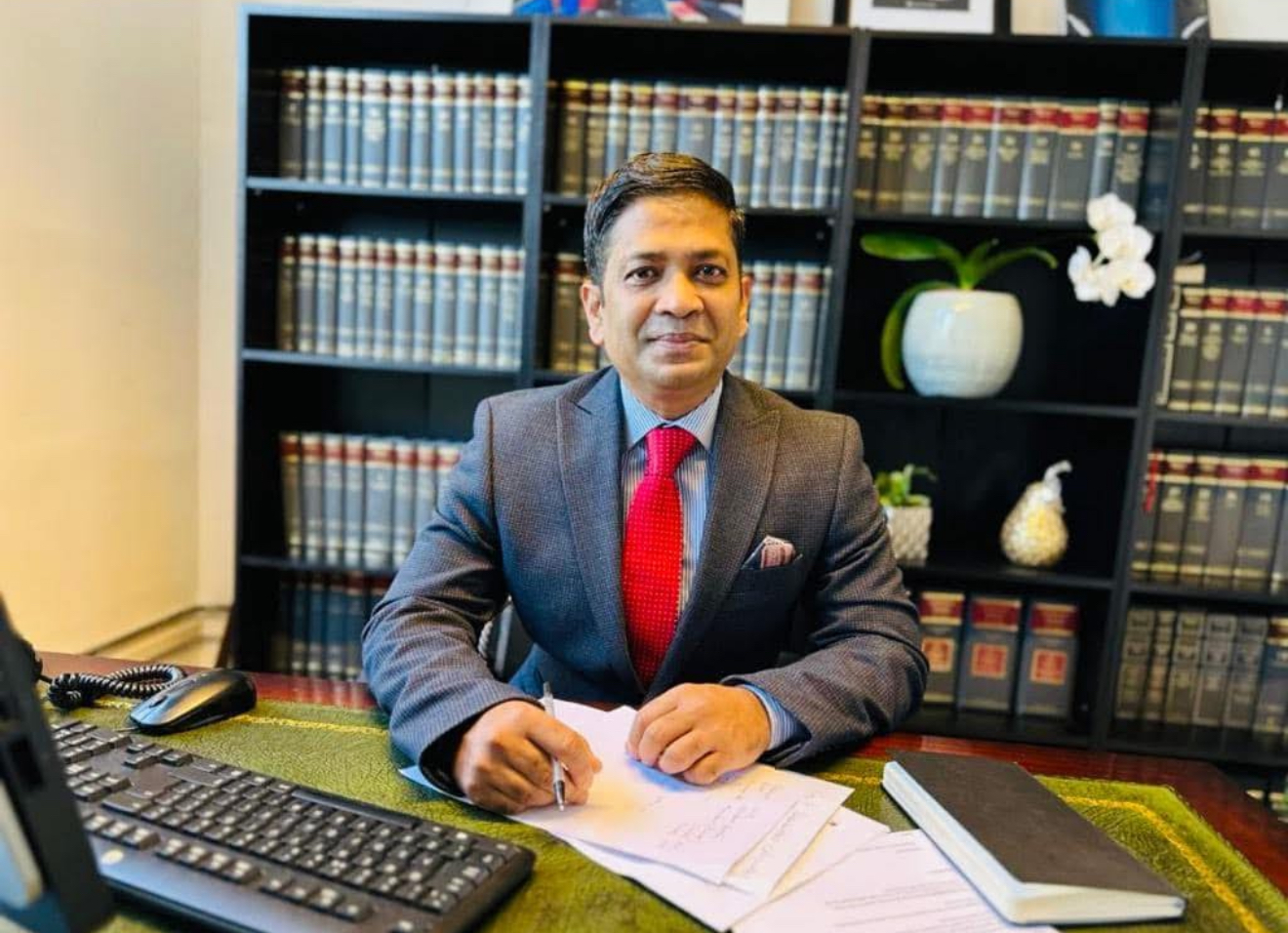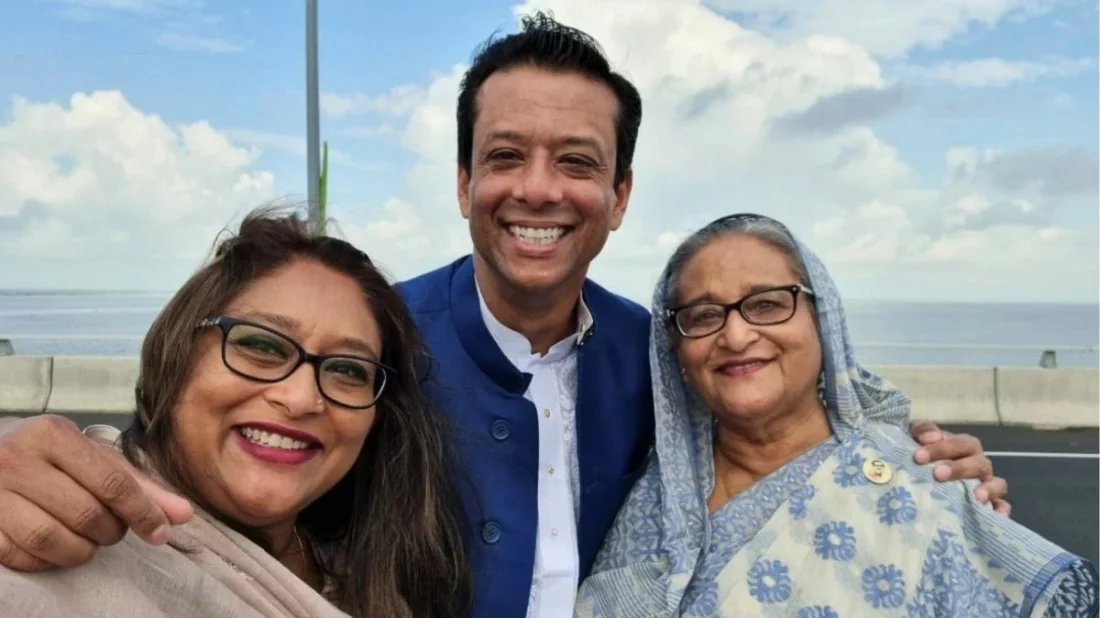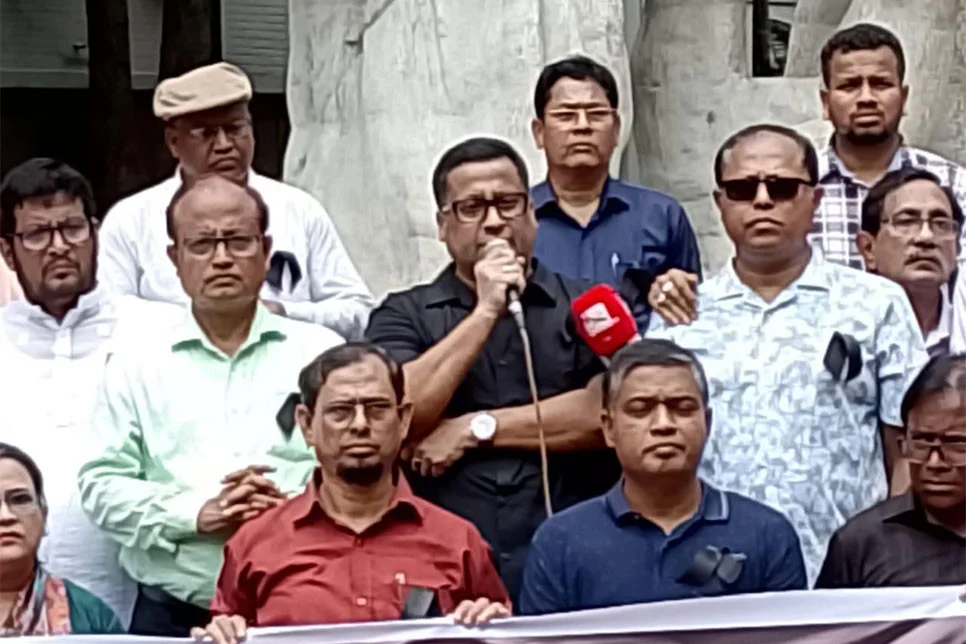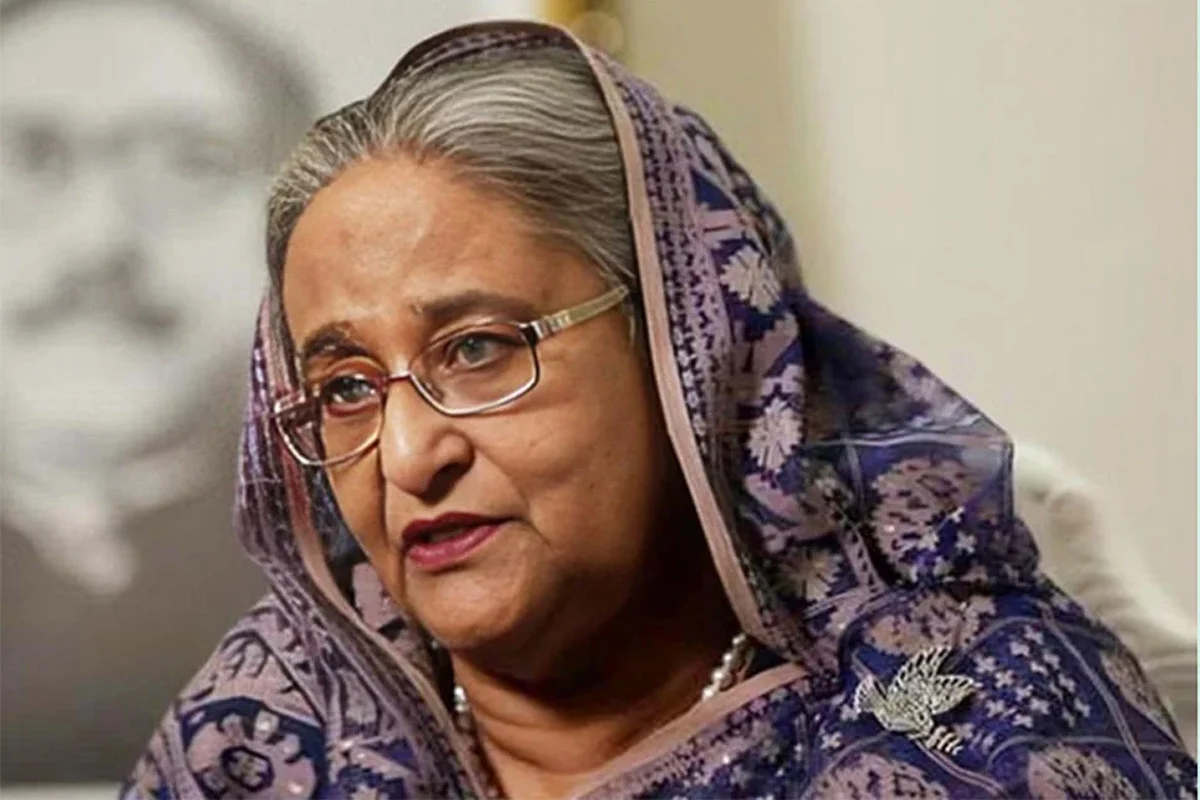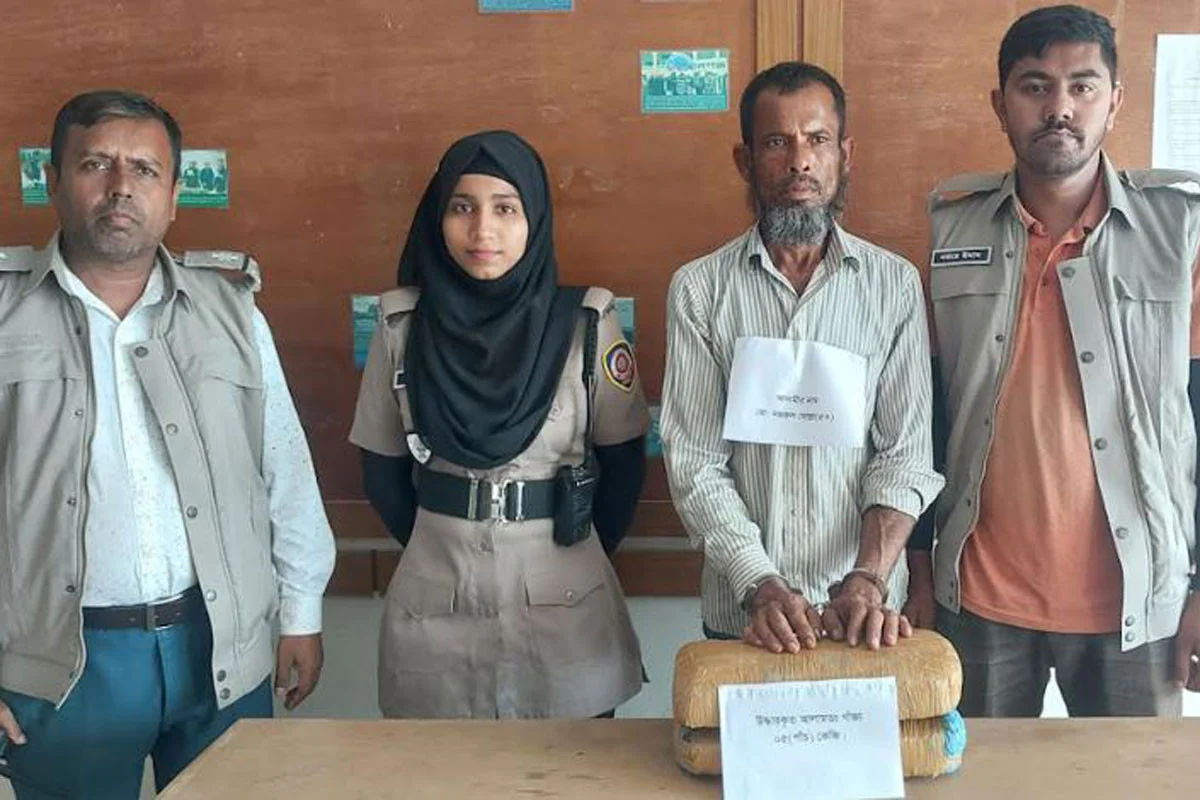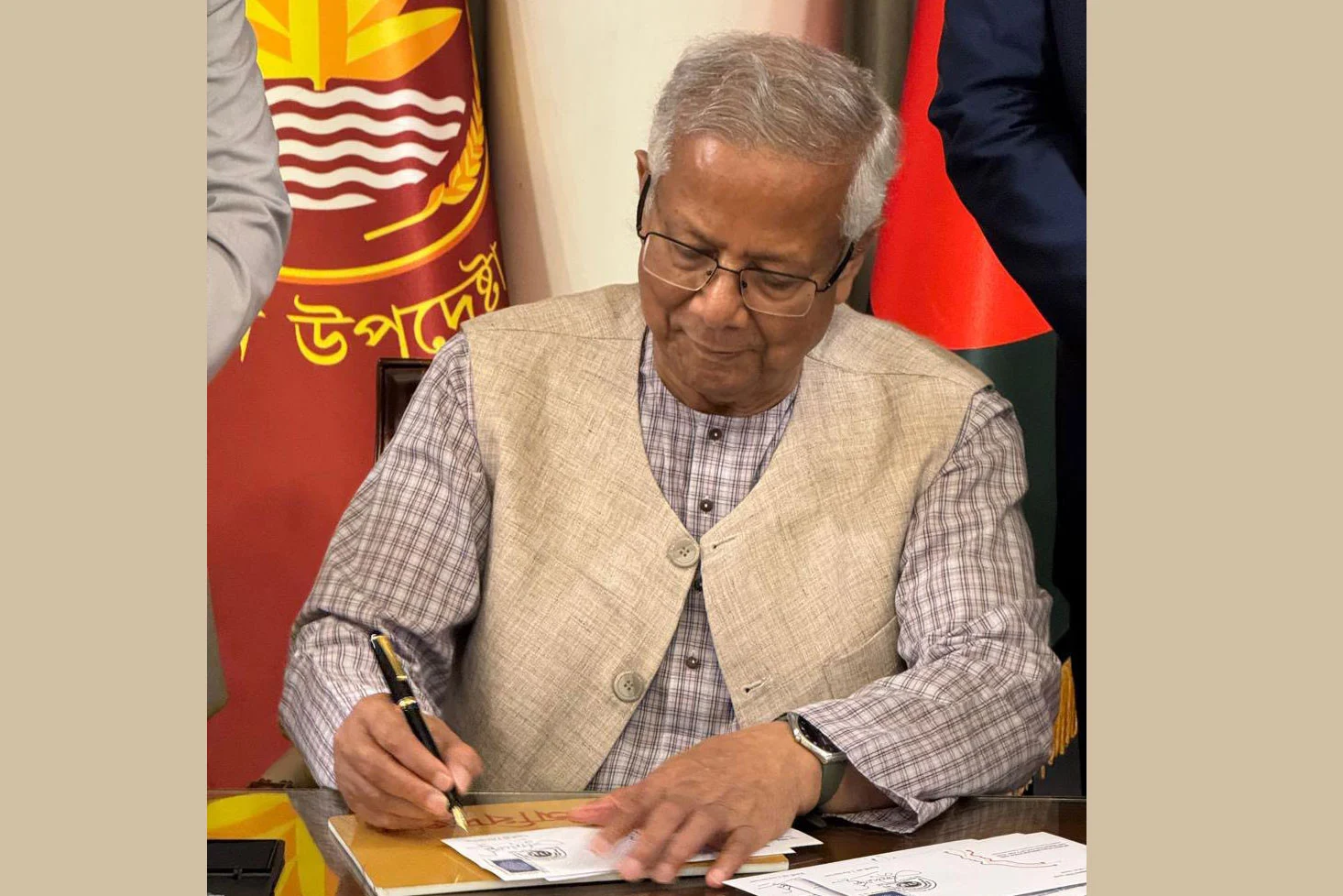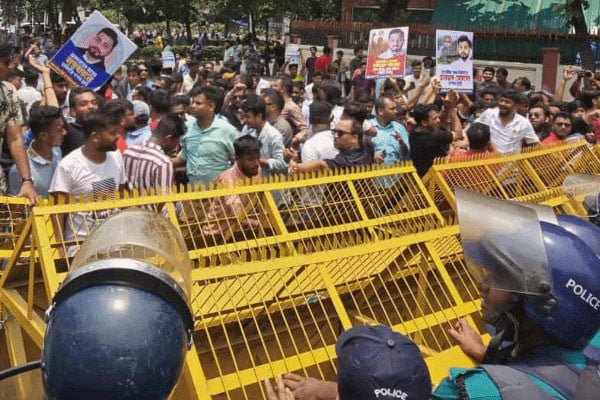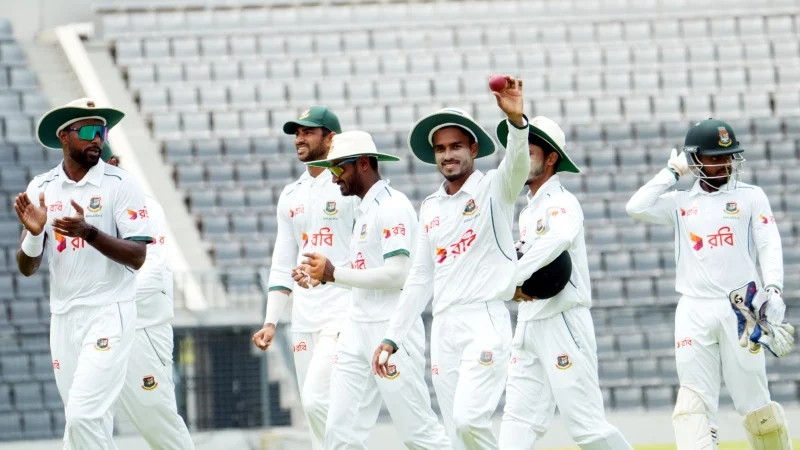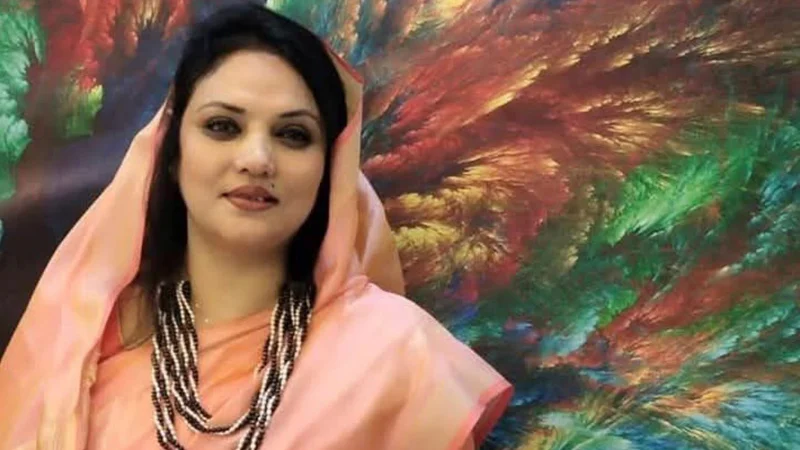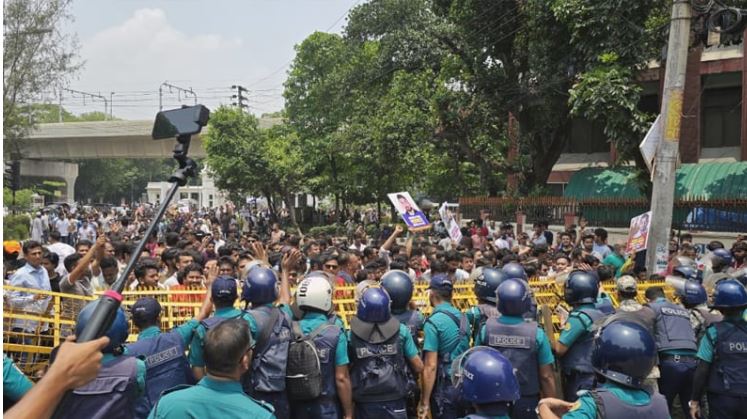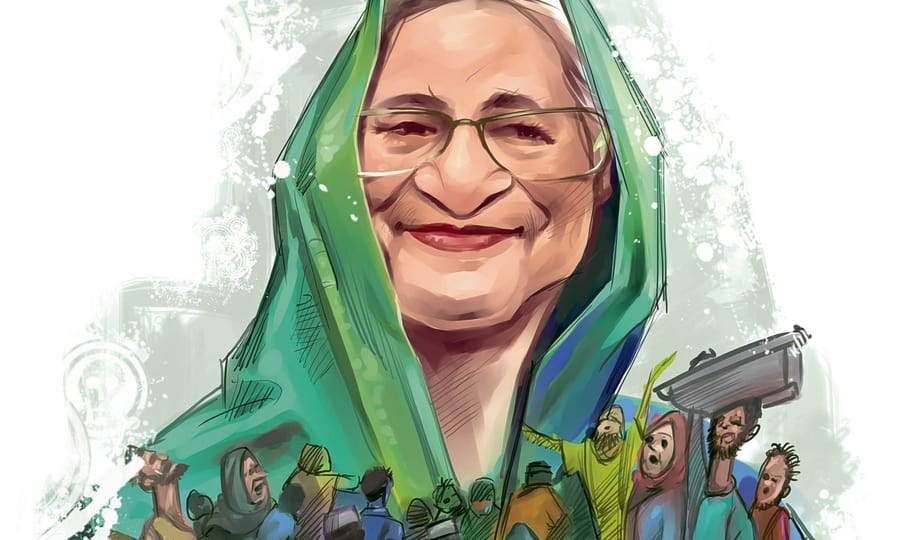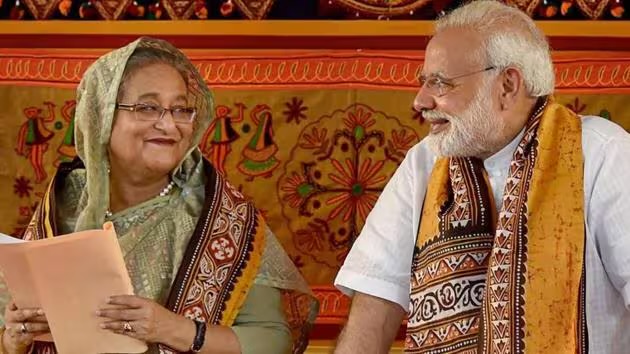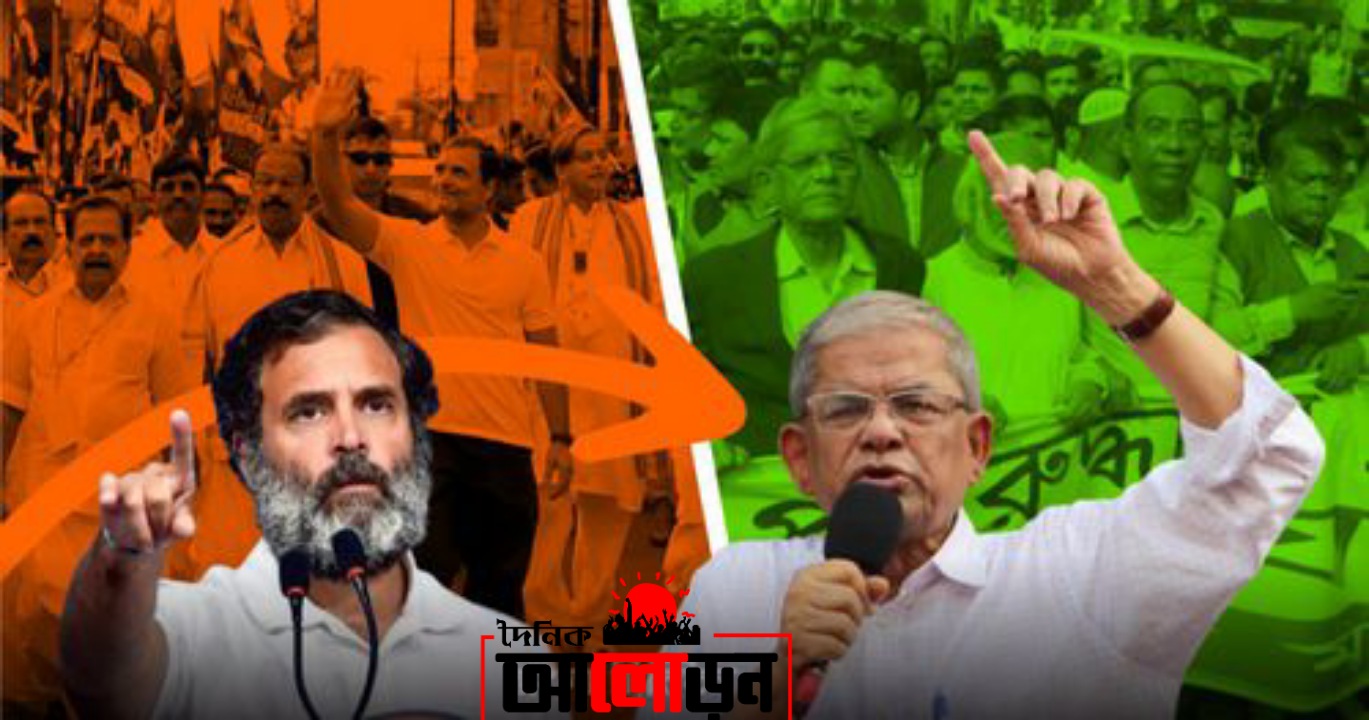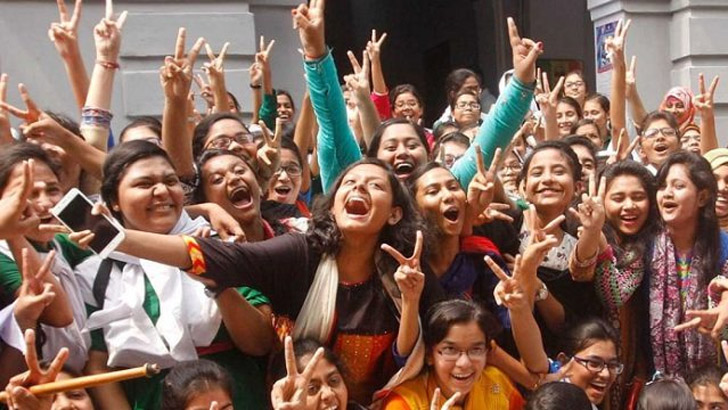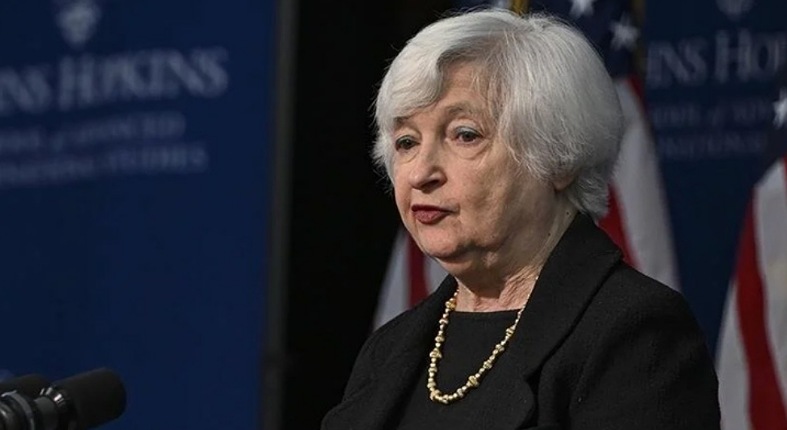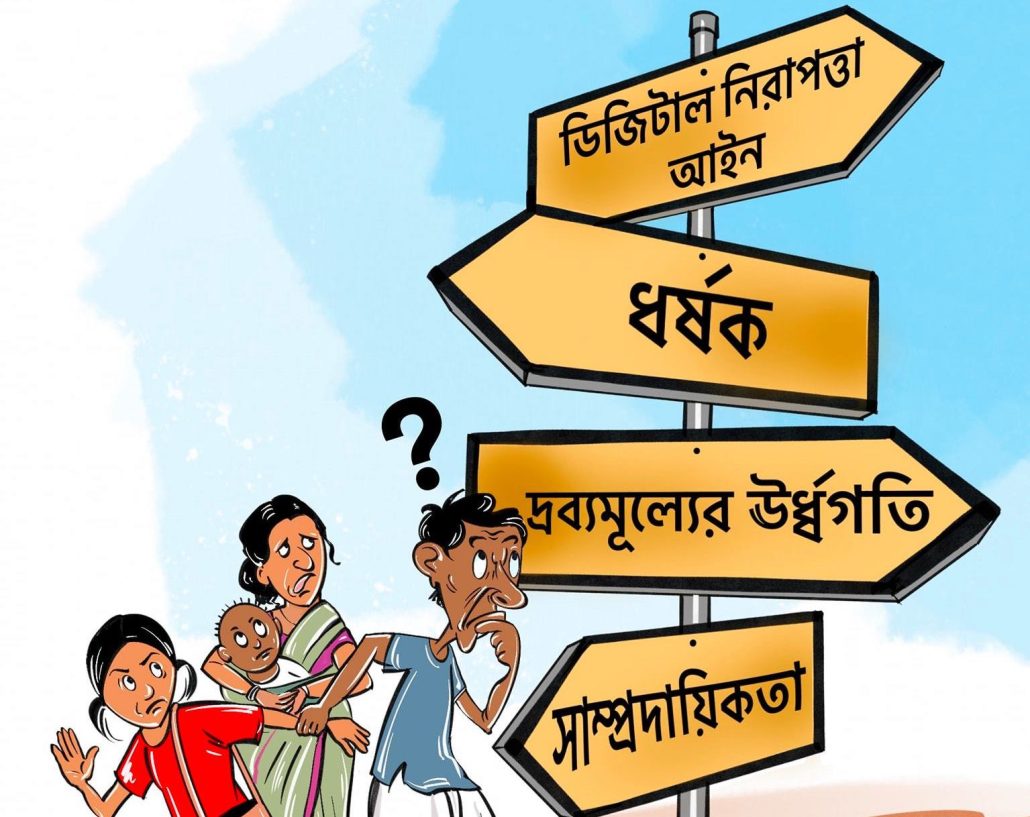
Special Report (By Apurbo Ahmed Jewel): Sheikh Hasina has been the Prime Minister of Bangladesh for the longest time. She has been serving as the Prime Minister of Bangladesh since 2009, and prior to that, she held this position from 1996 to 2001. Under her leadership, the country has witnessed significant changes, and her governance has been both visionary and authoritative.
While Sheikh Hasina has been praised for her commendable work in various fields, there are also criticisms against her. One of the most notable criticisms is her approach towards political opposition. Incidents of violence and repression against opposition parties and leaders have occurred under her rule. Allegations include using the police and security forces to silence critics and curbing freedom of speech, with the media facing pressure not to report on issues the government wishes to keep silent.
Another major criticism against Sheikh Hasina is her handling of the Rohingya refugee crisis. Despite providing shelter to hundreds of thousands of Rohingya refugees who fled persecution in Myanmar, there is concern about the conditions in the refugee camps. Issues such as poor sanitation, lack of healthcare, insufficient food, and inadequate shelter have raised concerns about the well-being and rights of the refugees. Reports of violence and abuse, including sexual assault, within the refugee camps have also been documented.
Criticism extends to Sheikh Hasina’s approach to democracy and governance. Despite notable economic progress and development in various sectors in Bangladesh, there is unease about her government’s authoritarian tendencies. Allegations include restricting civil liberties, suppressing opposition parties, and limiting the independence of the judiciary. There are also concerns about corruption among government officials and favoritism towards family members.
Lastly, criticism revolves around human rights under Sheikh Hasina’s leadership. Despite economic growth and improvements in healthcare and poverty reduction, there are concerns about human rights violations. Reports of extrajudicial killings, enforced disappearances, and abuse by security forces have been reported. Additionally, there is unease about the treatment of minority groups, including Hindus and Christians, who have faced discrimination and violence.
Throughout her tenure as the Prime Minister of Bangladesh, Sheikh Hasina has made significant progress in various areas, funded by the people. However, notable criticism exists, touching on issues such as political opposition suppression, handling of the Rohingya crisis, concerns about democratic principles, and human rights. It is essential for any leader to be open to constructive criticism, working towards creating a more just and equitable society.
Editor and Publisher: Apurbo Ahmed Jewel (Dainik Aloron)
